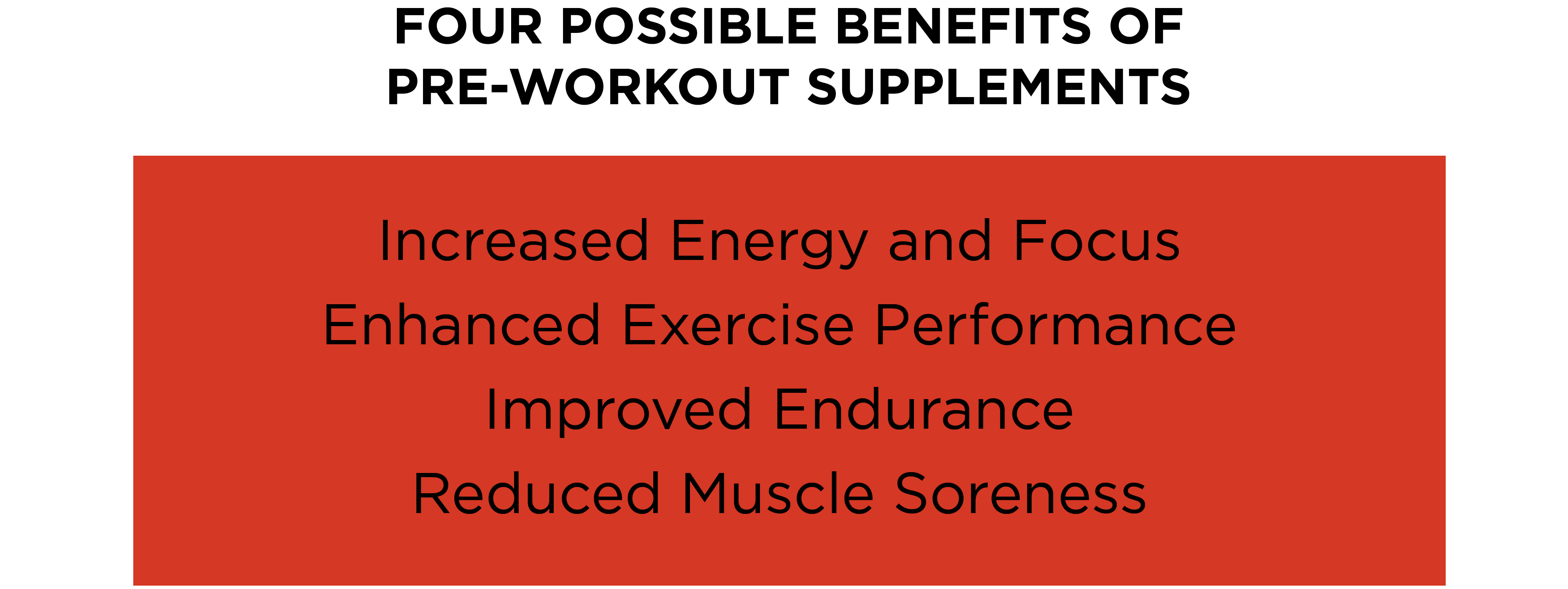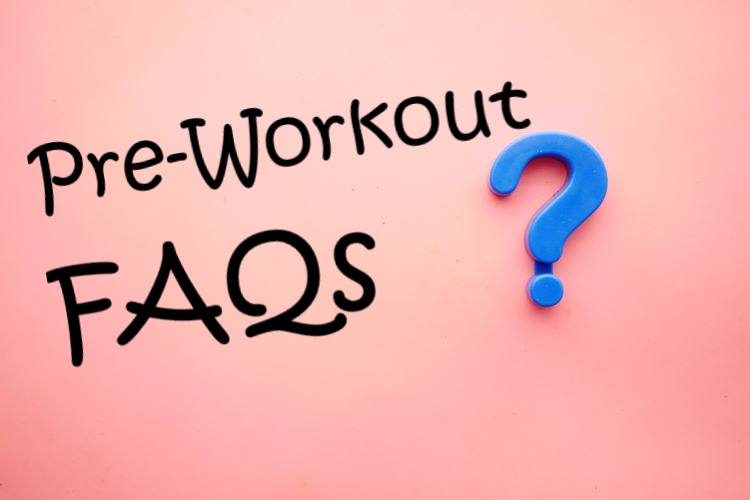MAKE A SPLASH
THIS SUMMER

Join Now For $0 Enrollment!
Learn MorePosted By: Chicago Athletic Clubs /
Pre-workout supplements have exploded in popularity in recent years within the fitness world, especially among gym goers! Pre-workout is an umbrella term for an extensive range of multi ingredient dietary formulas formulated to help boost and improve your performance. Many athletes and weightlifters utilize these pre workout products to enhance energy and endurance, seeking extra support for their fitness regimens.
But, is pre-workout bad? In short, the Food and Drug Administration (FDA) does not currently regulate pre-workout supplements, but they are generally considered safe for healthy adults.
They can present potential health risks and side effects in certain people, so it's essential to be well-informed about pre-workout before trying it. It's also always best practice to speak with your physician, who can advise how to exercise and safely take pre workout according to your needs.
Let's dive in.
Because pre-workout can refer to a wide range of different dietary supplements, you can't always expect to find the same nutrients in each blend. However, many contain common ingredients known to have benefits. Here are five key ingredients to look for:
Caffeine
Caffeine can help boost energy and focus during your workout, enhance workout performance, and help you get a more satisfying session.
Creatine
Creatine is a kind of amino acid created by your pancreas, liver, and kidneys. It helps energy levels and physical performance.
Taurine
Taurine is another essential amino acid. Bodybuilders and athletes often use it to aid workout performance and endurance.
Citrulline
Citrulline is a non-essential amino acid that supports blood vessels by promoting nitric oxide production, enhancing blood flow to working muscles during high intensity exercise.
Electrolytes
Look for blends containing electrolytes like potassium to regulate blood pressure, prevent muscle cramps, and support cardiac health. Staying hydrated is crucial, especially during intense exercise.

Not all pre workout formulas are created equal. Avoid these:
Excessive Caffeine
Too much caffeine (over 300mg per serving) can cause racing heartbeat, anxiety, or even heart attack in extreme cases.
Artificial Sweeteners
Many artificial sweeteners cause digestive upset or skin reactions. Opt for natural alternatives.
Proprietary Blends
Avoid blends hiding ingredients or doses, as they may include banned substances or certain compounds unsafe for athletic performance.

Caffeine Overload: Jitters, insomnia, or heart palpitations, especially in young men. Start with a small dose.
Dehydration: Combat fluid loss by staying hydrated.
Tingling Sensation: From beta alanine, a common amino acid.
High Blood Pressure: Overuse can strain the heart.
Tolerance Buildup: Higher doses may be needed over time, increasing health risks.
Increased Energy & Focus
Stimulants like caffeine boost energy production and mental clarity.
Enhanced Exercise Performance
Beta alanine and creatine help lift heavier weights and reduce fatigue.
Improved Endurance
Dietary nitrates (e.g., beetroot) enhance oxygen delivery, aiding energy levels.
Decrease Muscle Soreness
BCAAs protect muscles and speed recovery post-workout.

Unregulated Formulas: Some pre workout powders contain undisclosed stimulants or too much caffeine, posing risks for those with high blood pressure.
Quality Concerns: Always buy supplements tested by independent organizations to avoid contaminants.
Body Reacts Differently: Start with slowly increasing doses to assess tolerance.

Is it safe?
Generally safe for healthy adults, but consult a doctor if pregnant or sensitive to stimulants.
When to take it?
30–60 minutes pre-workout for improve athletic performance.
Need it?
No. A balanced diet (e.g., veggie omelet, whole wheat toast) provides same nutrients.
Heart risks?
Yes. Avoid if prone to heart palpitations or heavier weights strain.
Steroids?
Some contain banned substances—research brands thoroughly.
Pregnancy?
Discuss with your doctor—new supplements can affect body weight and health.
Final Tip: Pair pre-workout with a nutrient-rich diet and listen to your body reacts to avoid digestive upset or long-term risks!
| Alex Card
| Chicago Athletic Clubs
| Chicago Athletic Clubs
| Chicago Athletic Clubs
| Chicago Athletic Clubs
© 2026 Chicago Athletic Clubs. All Rights Reserved. Privacy PolicyEmployee Login
https://www.chicagoathleticclubs.com/
https://www.chicagoathleticclubs.com/services/personal-training/
0
5000
true